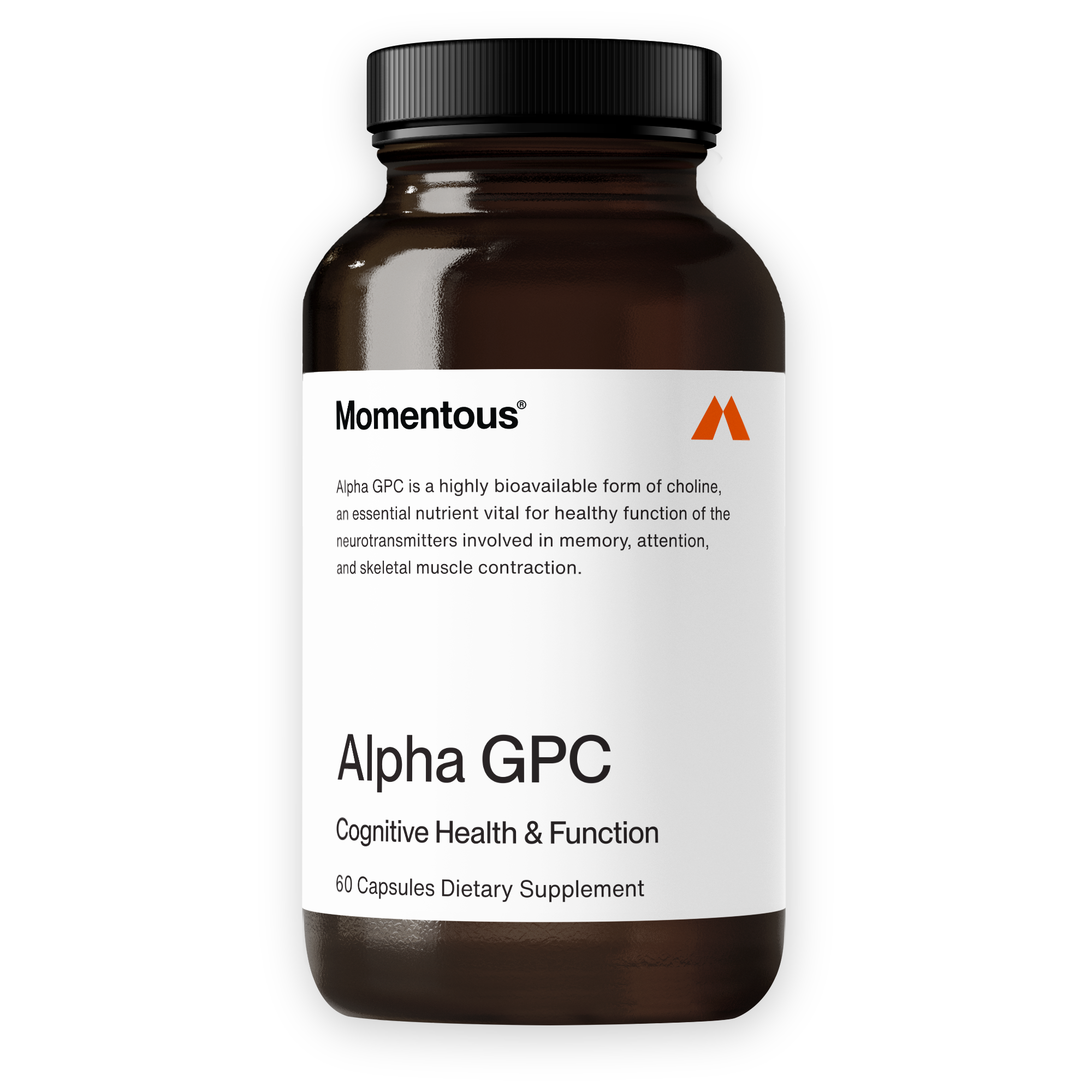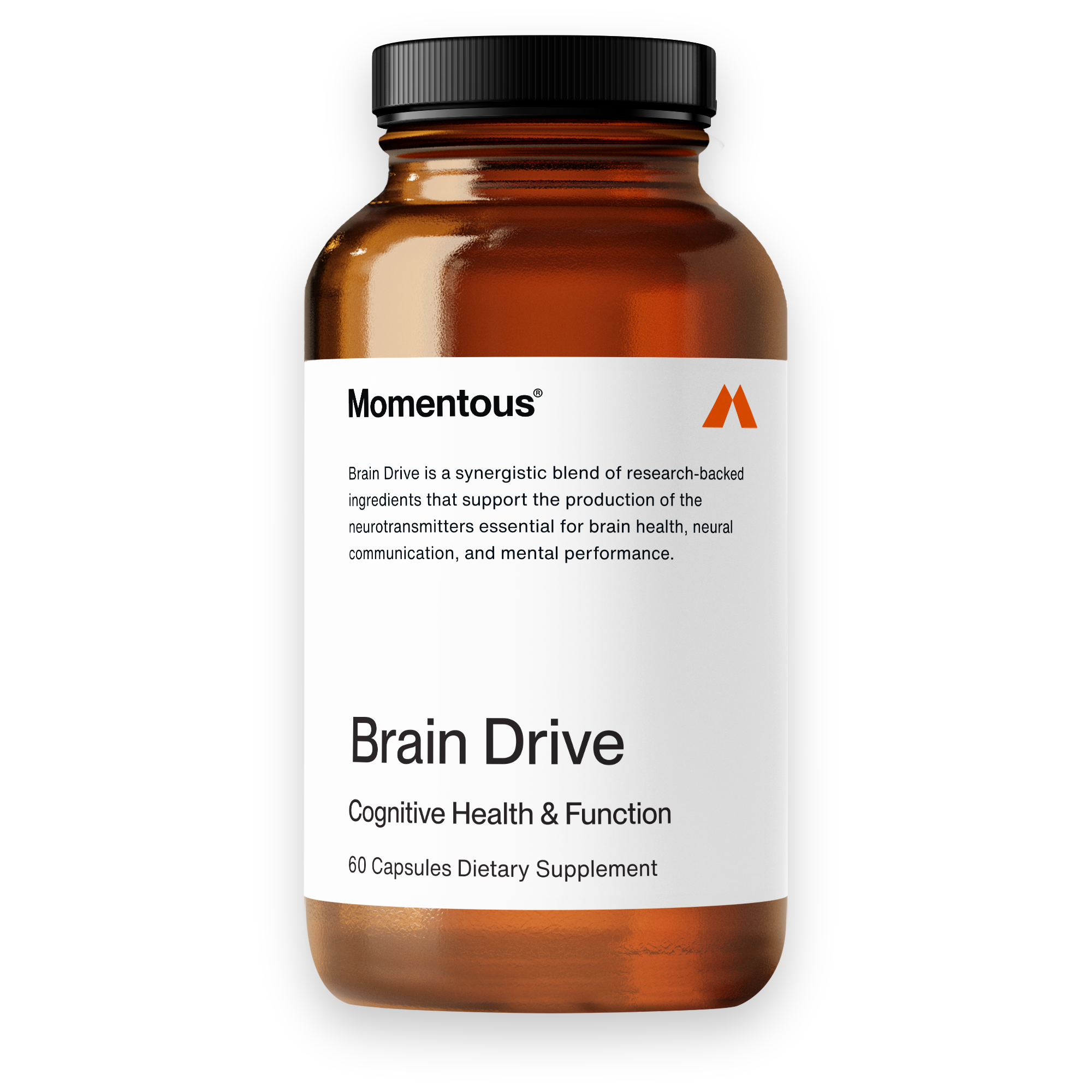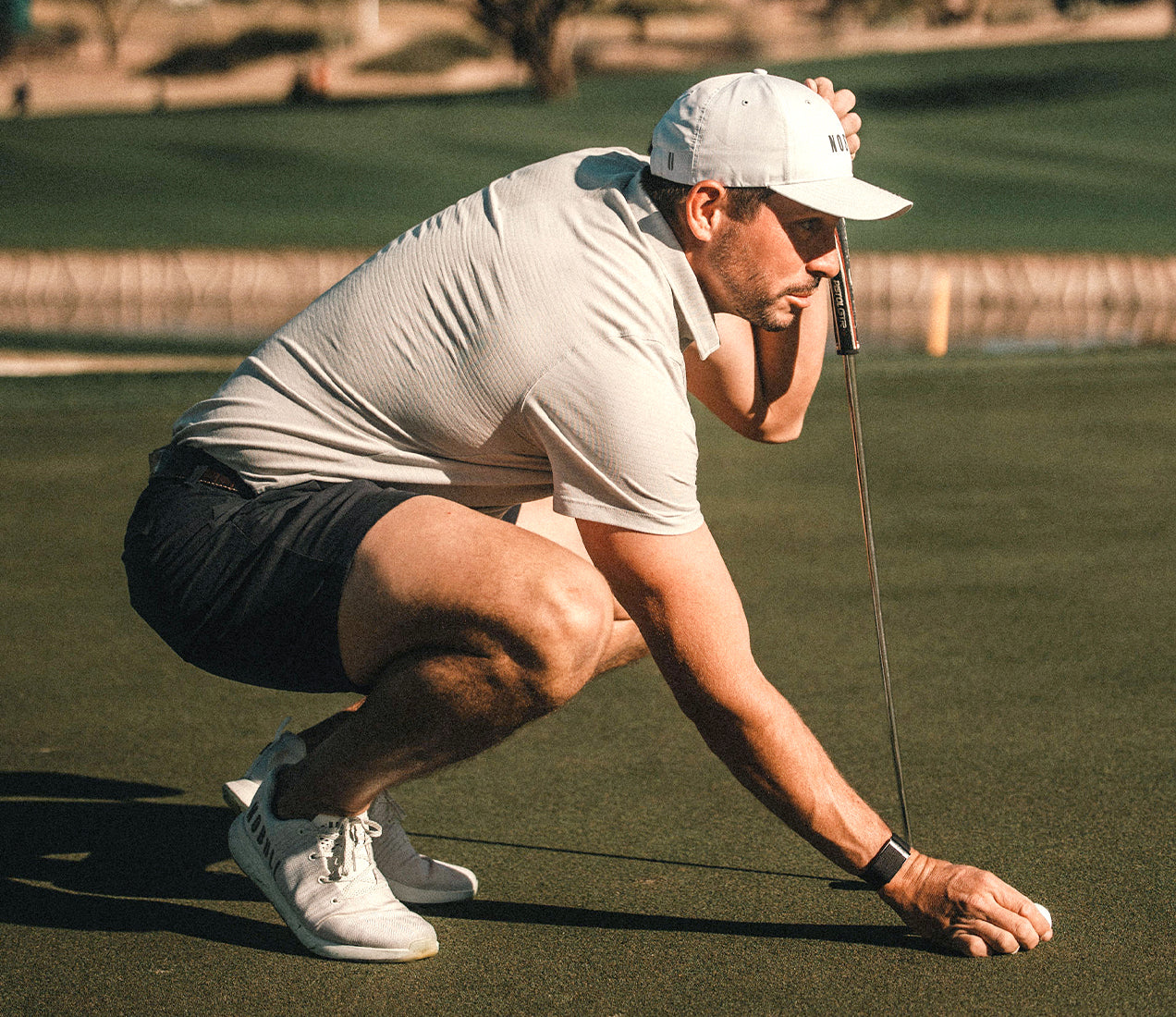Struggling to get a good night's sleep? You're not alone. According to the CDC, one-third of us don't get adequate sleep. If you're part of the tired 33%, you’ve likely turned to sleep supplementation in one form or another. Afterall, if a simple pill could guarantee a good night's rest, why wouldn’t you try it?
The challenge with many sleep supplements is their use of melatonin. Americans are consuming melatonin in large quantities every year to aid in a good night's rest, but as the rise in its popularity continues to increase, so do the potential complications that come with it. While you should always consult your physician for guidance on supplementation, for most individuals, daily use of melatonin is not recommended. Instead, proper behaviors combined with natural micronutrients are ideal solutions for daily sleep improvement.
What is Melatonin?
Melatonin is a hormone that plays a vital role in regulating the body's sleep-wake cycle. An endocrine gland sitting directly on the brain's midline called the pineal gland is responsible for its production. During the day, this pea-shaped gland is generally inactive thanks to light-sensitive cells in the retina and brain. However, at night, it becomes stimulated by darkness and goes to work, producing melatonin. That melatonin flood makes us sleepy and tells our body it's time to hit the hay.
Melatonin was first discovered in 1958 by a scientist named Aaron B. Lerner. Over the past 60 years, melatonin has been extensively studied for its role in regulating sleep patterns. It’s now well-established that it plays a crucial role in the sleep-wake cycle by helping regulate our circadian rhythms. In addition, melatonin acts as an antioxidant, scavenging free radicals and helping to protect cells from damage (Barrenetxe et al., 2004; Poza et al., 2018; Reiter et al., 2014).
The body's production of melatonin peaks in the middle of the night and starts to decrease as we get closer to dawn. Your melatonin levels are also affected by age — children produce more melatonin than adults, which is generally why kids sleep easier and longer. The decrease in melatonin production with age led to the thinking that external supplementation can assist with getting levels back to a child-like state and have you “sleeping like a baby.”
Over-the-Counter Equals Overcorrection
The potential issue isn't necessarily with melatonin, in general, but rather when it is consumed and how much. Melatonin is best used to beat jet lag and adjust the body's sleep-wake cycle for those doing shift work or dealing with other irregular schedules. In recent years, there has been a growing interest in using melatonin supplements to help treat sleep disorders. However, its most common use is as an over-the-counter sleep aid for the everyday person typically involving incorrect dosages, rendering it ineffective overall.
Studies done by MIT suggest that 0.3mg of melatonin can restore sleep in adults over 50, with a suggested dose of up to 1mg when needed. Yet many of the products you find at your local store contain 10X, 20X, 30X or more than what is needed. At that dosage, the melatonin receptors of the brain become unresponsive and the supplement loses its effect. Unfortunately, many individuals who seek improvement in their sleep tend to over-correct and start taking large doses immediately, and after a few days find themselves sleeping poorly again.
Hormonal Impact
Melatonin is a hormone, but it often isn’t treated as such. Just as with any hormone, the body looks to regulate the amount that circulates throughout the body and will do that by adjusting other hormones. This hormonal shuffle holds the potential to create unwanted long-term side effects.
What’s more, users over time can begin to lean on melatonin supplementation too heavily, thus creating a behavioral addiction. While the properties of melatonin are not inherently addictive, users will lean on melatonin to sleep every night. In turn, this will create a mental dependency of sorts, thus generating long-term habitual use.
It is also worth noting that melatonin can interact with other medications, like blood thinners and antidepressants. If you're taking other medication, make sure to check in with your doctor before supplementing with melatonin.
The Key to Good Sleep?
Good sleep doesn’t start with supplementation. It starts with behaviors. The harmful effects of blue light, caffeine, alcohol, inconsistent bedtimes, irregular wake times, lack of exercise, and lack of daytime sun are larger players in daily sleep performance than supplementation.
Proper daylight in the morning and evening (viewed without sunglasses or obstructions), moderate exercise at the appropriate time of day, and avoiding blue light 30-60 minutes before bed are three behaviors almost everyone can implement immediately that encourage effective sleep.
Recommended Use
So where does that leave melatonin? Melatonin is simply a tool that can be used to assist you in getting a good night's sleep when used correctly. For most people, melatonin's most significant influence comes in helping to work through phase shifts. So, if you're traveling across time zones, had an ultra stressful day, or dealing with shift work that throws your circadian rhymes for a loop, using 1-3mg of melatonin as found in Elite Sleep, can aid in overall sleep quality.
For daily and habitual use, we recommend using products like Magnesium Threonate, Apigenin, and L-Theanine. These are naturally occurring micro-nutrients that aid in sleep and cognitive function. Pairing these with proper behaviors can drastically improve sleep performance over time without the need of hormonal supplementation.















